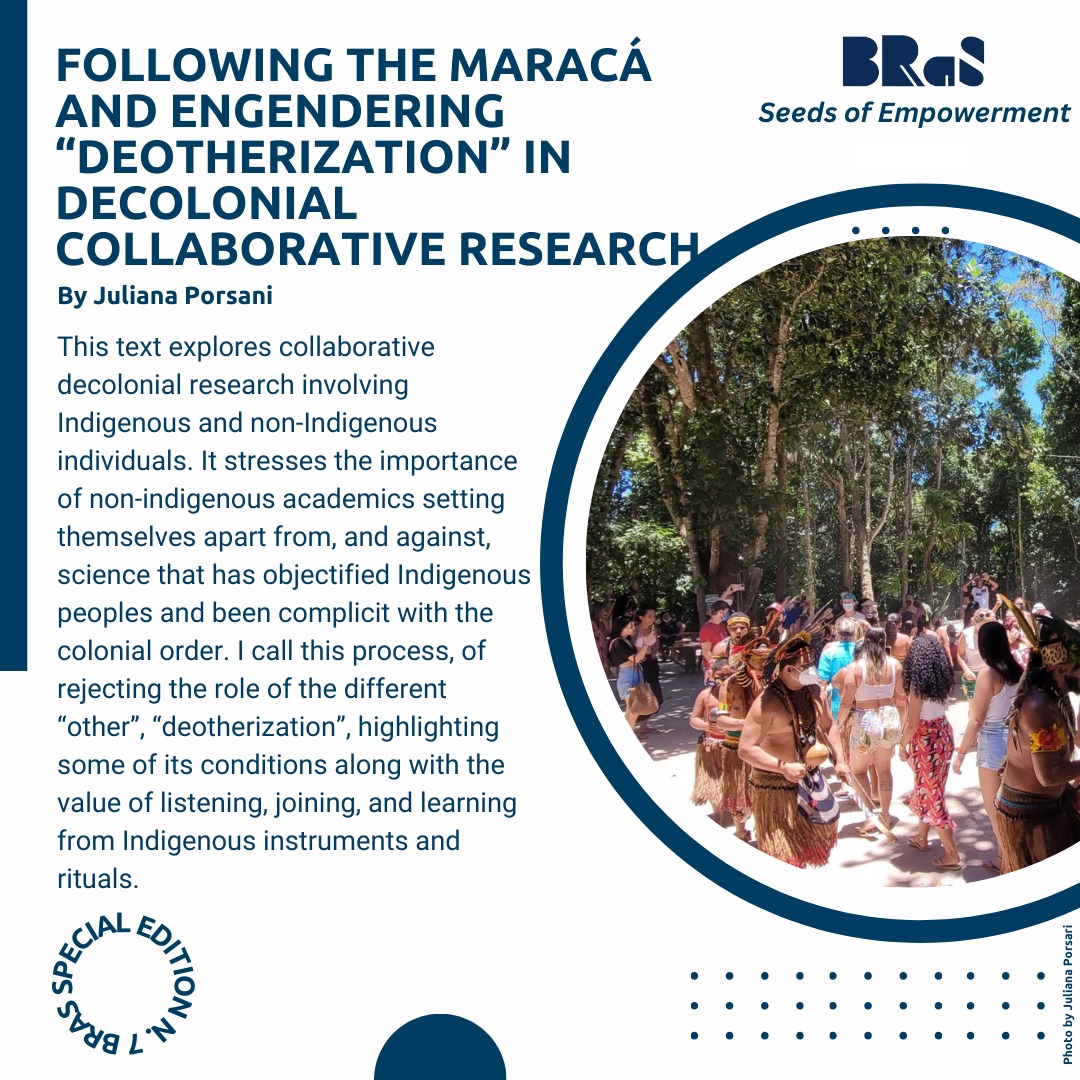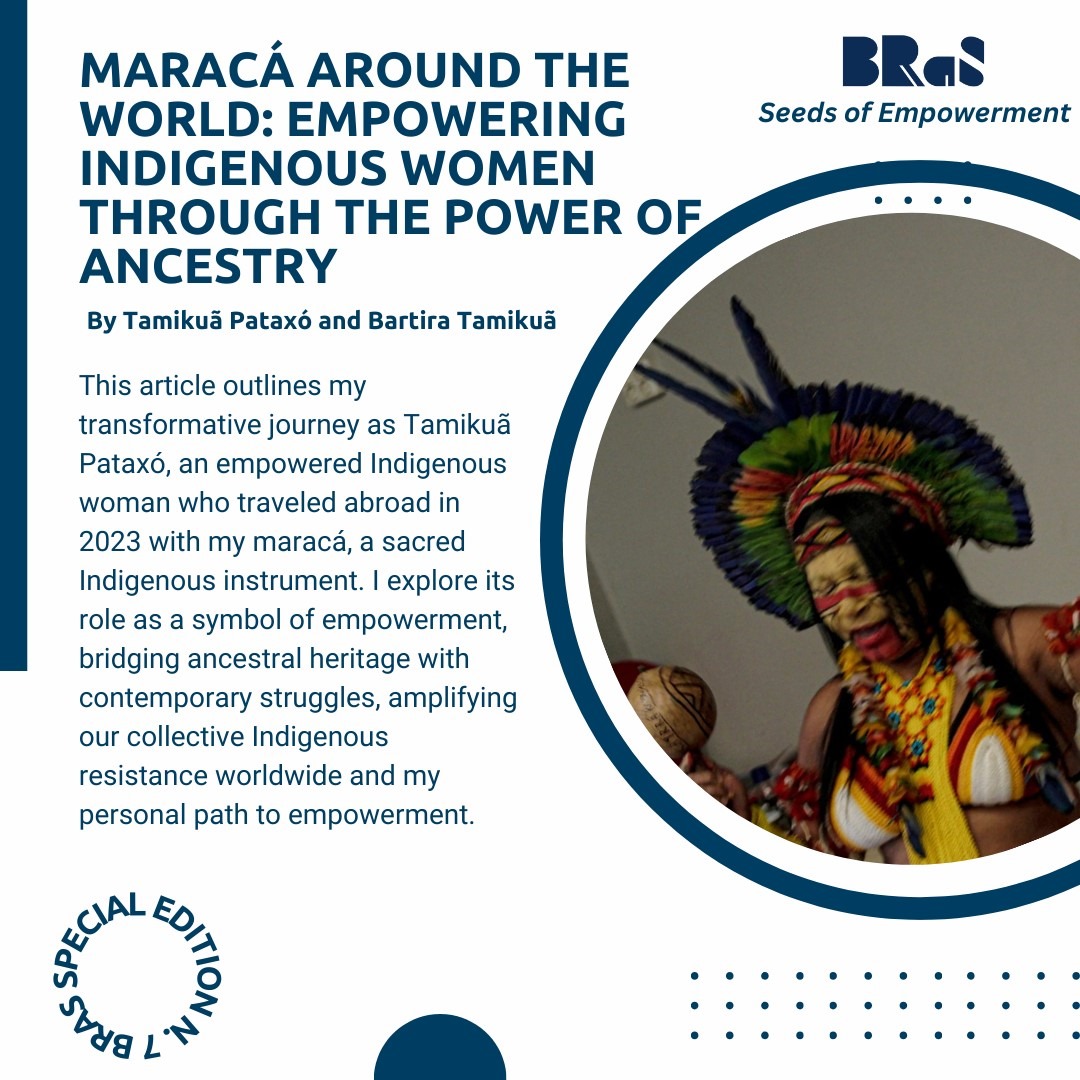Be the first to know!
Subscribe to the BRaS newsletter and stay informed with updates every two months, including:
- The latest blog and journal articles
- Scientific community events in Brazil and abroad
- Exciting opportunities for researchers and academics
- Scholarships and partnership programs
- Calls for publications in prestigious journals and magazines
Stay connected to everything happening in the world of science and research—sign up today!


















